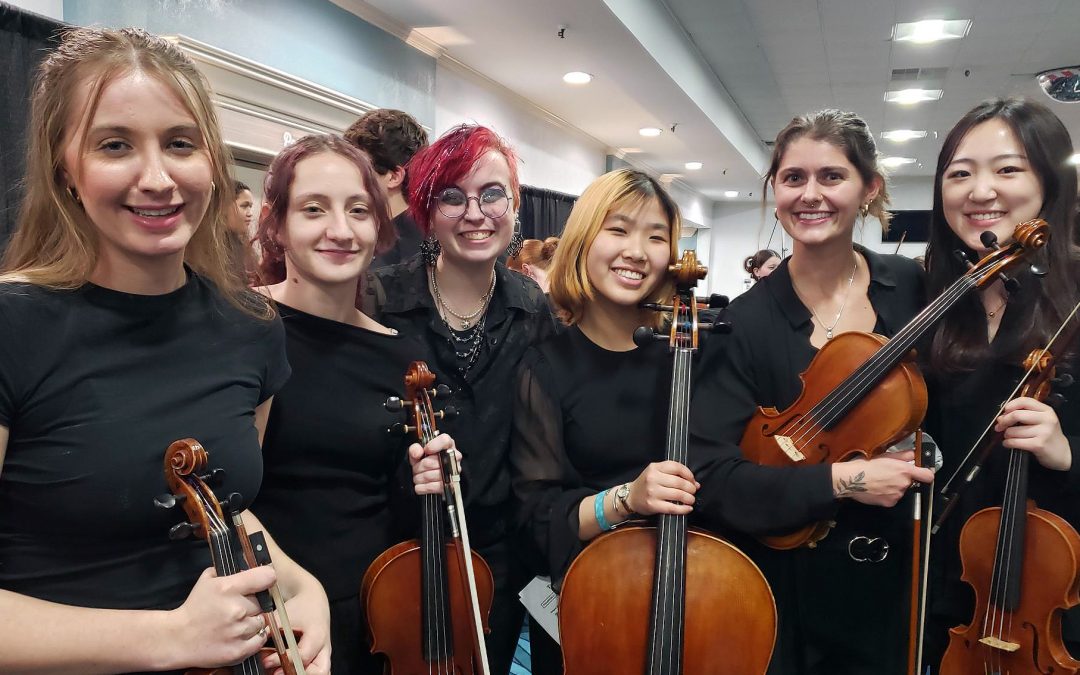
UMSL criminology student Shytierra Gaston has been awarded a National Science Foundation Graduate Research Grant Fellowship to study the effects incarceration has on relatives. (Photo by August Jennewein)
Shytierra Gaston has always been fascinated by the corrections systems. Now, thanks to a National Science Foundation program Gaston, a PhD student in criminology and criminal justice at the University of Missouri–St. Louis, will have an opportunity to take a closer look at the effect prison has on family members.
Gaston has been awarded a National Science Foundation Graduate Research Grant Fellowship, which will begin in the fall. Under the three-year fellowship, she will receive an annual stipend and cost-of-education allowance to conduct research on the effects incarceration has on relatives of the incarcerated.
Her interest in this topic began while working over the last year with Beth Huebner, associate professor of criminology and criminal justice at UMSL, on examining gang members in prison.
“I always say that sometimes we put too much attention on the offenders, and we don’t realize that other people are affected by their actions, such as their family members,” Gaston said. “A lot of the policies and programs we have right now are geared toward the offenders, which is great, but we also have other people who are affected like their children, or their parents who are taking care of their children or grandparents.”
Gaston will begin her research this summer and hopes to interview more than 100 family members of male prisoners who have been released from federal prison. She’d like to interview multiple members of each family.
Huebner, who will be overseeing Gaston’s research, said this a great opportunity for her.
“The NSF grant is one of the most prestigious research fellowships,” Huebner said. “Shytierra is the first in our program to receive the award. She will use the funding to examine the families of male gang members returning home from prison. Families can provide a central source of support for offenders returning home from prison. However, we also know that returning home from prison can cause stress for the family, and the presence of a gang member in the home may increase the chances of victimization for the family. Shytierra’s work is unique, and it will add to our knowledge of prisoner re-entry.”
Gaston, a native of Chicago, earned her bachelor’s of science in criminal justice at Indiana University-Purdue University Indianapolis.
The National Science Foundation’s Graduate Research Fellowship Program helps ensure the vitality of the human resource base of science and engineering in the United States and reinforces its diversity. The program recognizes and supports outstanding graduate students in NSF-supported science, technology, engineering and mathematics disciplines who are pursuing research-based master’s and doctoral degrees at accredited U.S. institutions.














